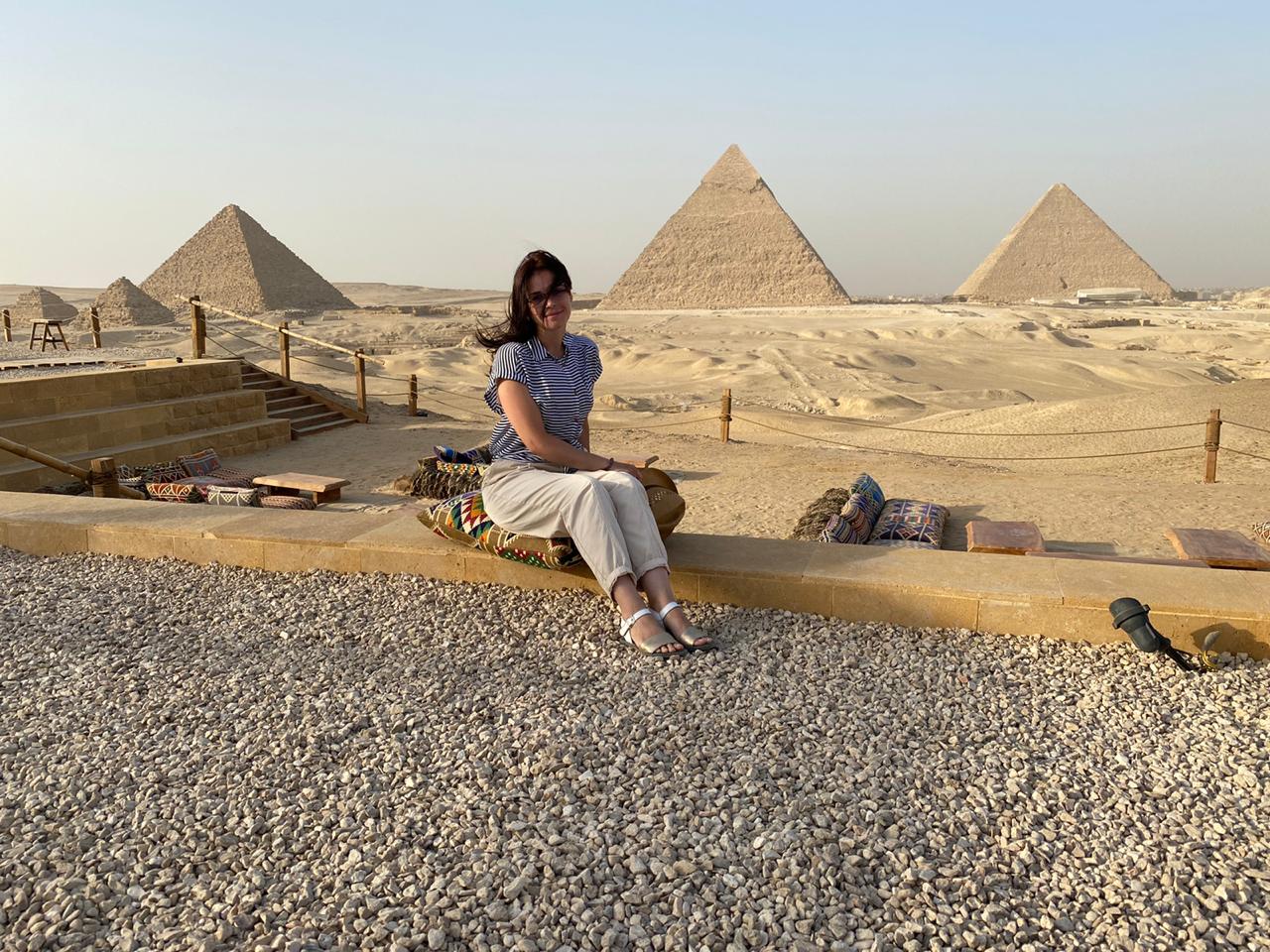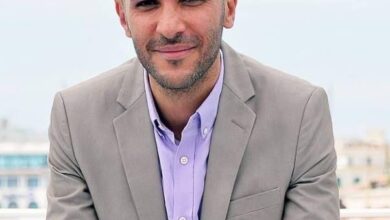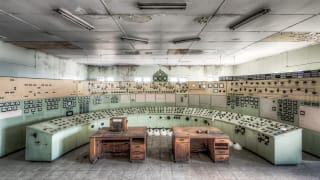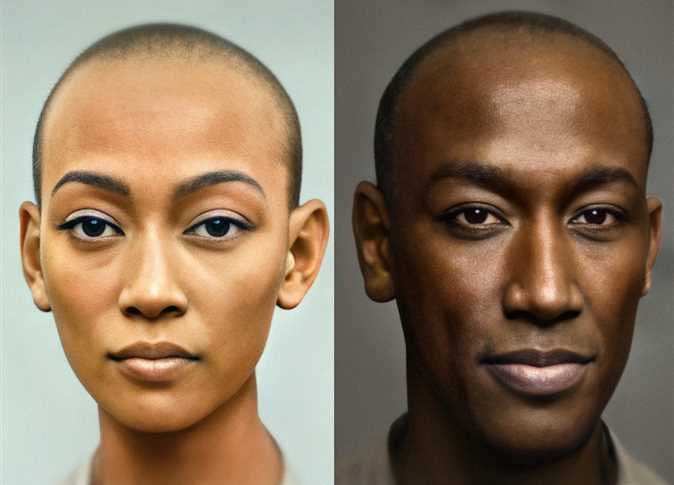Despite an ominous weather forecast and unusually gloomy morning skies, Saturday’s Cairo Photo Marathon proceeded as scheduled, with a small crowd of amateur and professional photographers apparently eager to compete in the day-long event.
The marathon, sponsored by the Danish Egyptian Dialogue Institute (DEDI) and International Media Support (IMS), challenges participating photographers to work outside their comfort zone, not only by assigning a theme for their work, but by taking advantage of the endlessly vast and varied urban sprawl that is Cairo. After signing in and picking up their registration cards at downtown’s Townhouse Gallery, photographers were encouraged to explore the city in search of images fitting under the marathon’s theme—gender.
Adding to the challenge is a list of gender-related topics or key phrases, chosen by writer and comedian Motaz Attala, each of which must be reflected in any competing photographer’s work. For example, one item on the list simply reads, “Your hand!”—a common warning issued by women to overanxious male admirers—while another, “Just like honey” is a supposed compliment frequently sung by men too decent or shy to make a silent grope.
Marathoners had the choice of signing up for one of two categories: the 6-hour competition or the far more daunting 12-hour challenge, which, surprisingly, appeared to attract the majority of the contending photographers.
One major concern shared by the marathon’s organizers and participants alike revolved around Cairo’s omnipresent state security and police officers, notorious for their adherence to a ridiculously rigid “no photos” policy, which seems to extend to most of the city’s neighborhoods. In fact, no sooner had the competition begun, than a couple was spotted arguing with a lone policeman who seemed to have a problem with their twin tripods set up on the sidewalk. A few minutes later, however, the officer wandered off, and the young photographers quickly jumped back into the competition.
“He was just telling us the usual, ‘no photos allowed’ and that we needed permits for what we were doing,” explained 33-year-old Samih al-Taweel, who had been interrupted by the officer while taking a picture of a rundown residential building across the street. While the organizers claim to have notified authorities of the marathon, and received the required permits, it comes as no surprise to anyone that patrolling officers know nothing of the supposedly approved event. “We didn’t necessarily expect trouble,” al-Taweel said while packing his tripod, “but we also didn’t expect that every officer we run into would know about the marathon—most probably don’t.”
Fortunately for all involved, al-Taweel’s incident seems to have been Saturday’s exception. At the time of writing, no major instances or complaints of police interference have been recorded, and most participating photographers were glad to admit that, for the most part, authorities had stayed out of their way.
“Everything’s going great, so far,” photographer Mohamed el-Deeb gave a big thumbs-up as he jogged off in search of other potentially winning images, while another contestant, 33-year-old Ibrahim Saad, also admitted pleasant surprise at the lack of unwanted police attention. “I brought a smaller camera on purpose,” he said, turning it over in the palm of his hand. “I didn’t want to use a big professional one that might attract a lot of attention.”
Ironically, Saad’s strategy wasn’t completely successful, and he found himself having to explain his motives, not to police officers, but pedestrians. “Most people were okay with it,” said Saad. “A few others were upset because they thought I was taking pictures of them without asking.”
Overall, though, complaints seem to be scarce, and photographers are more concerned with trying to suitably capture the assigned topics, especially within the given time limit.
“I’m more worried about getting through all these topics in time than I am about dealing with authorities,” professional photographer Samih al-Taweel admitted earlier during the day, casting a worried glance at the little red card bearing the assigned topics in his hand.
Others seem to be taking a more cerebral approach to the challenge. “These ideas and themes are very high-concept,” mused 32-year-old Mostafa Hedayat, a graduate of the University of Fine Arts’ photography department. “It’s not just about creating a pretty picture; it goes beyond that. You have to be able to strike the right balance between content and image. It’s not just point and shoot—to come up with the perfect image you need to contemplate, and do some deep thinking.”
Unfortunately, Hedayat’s contemplation seems to have distracted him from any actual photography. By midday, he had failed to capture any of his eight assigned topics, and was instead focusing on finalizing his plan. “I don’t think I’ll be taking any pictures downtown,” he concluded. “I’d like to avoid any problems with state security officers.”
Besides having their work displayed at the Contemporary Image Collective, winners of the marathon’s 6 and 12 hour categories will each receive a brand new Canon digital camera and lens.




